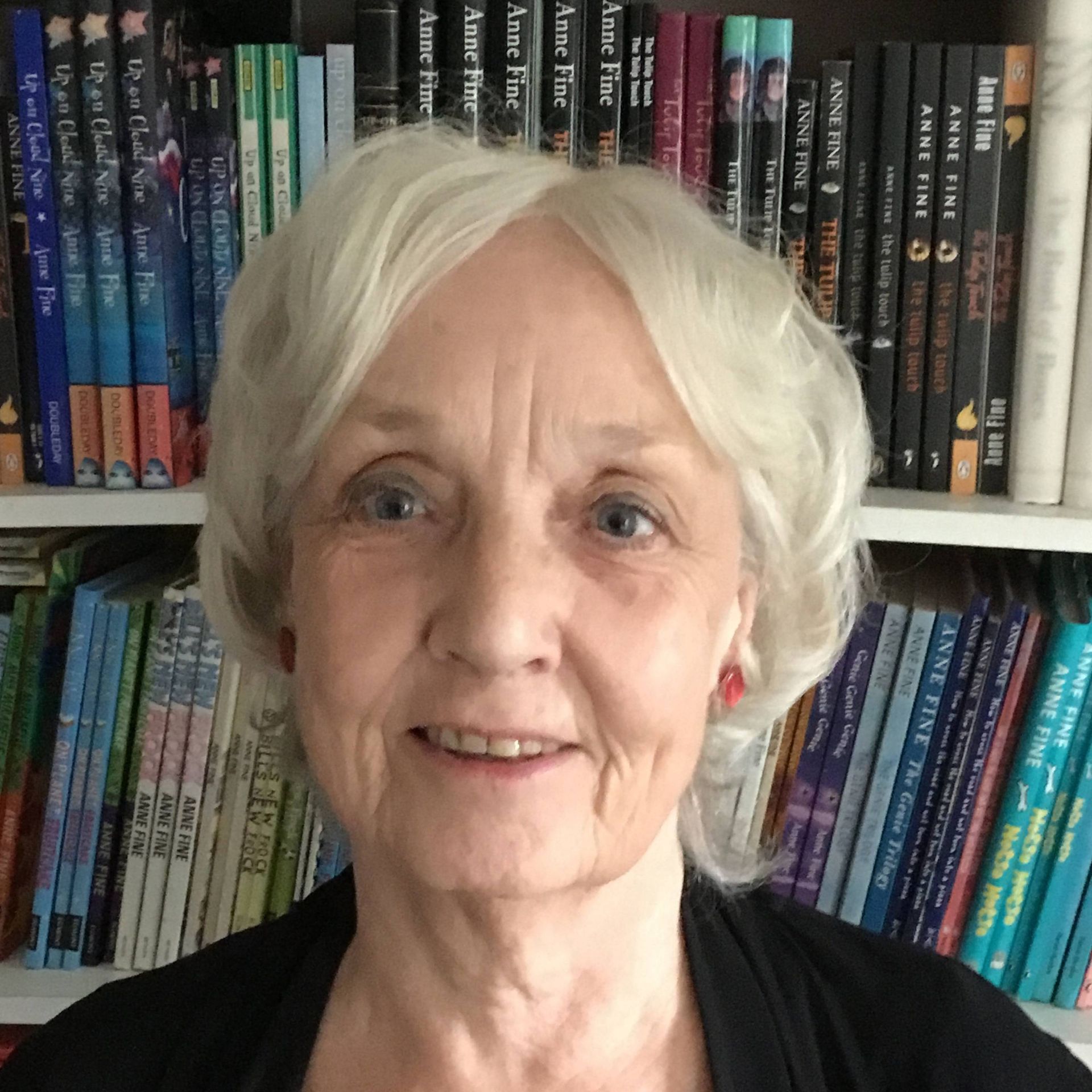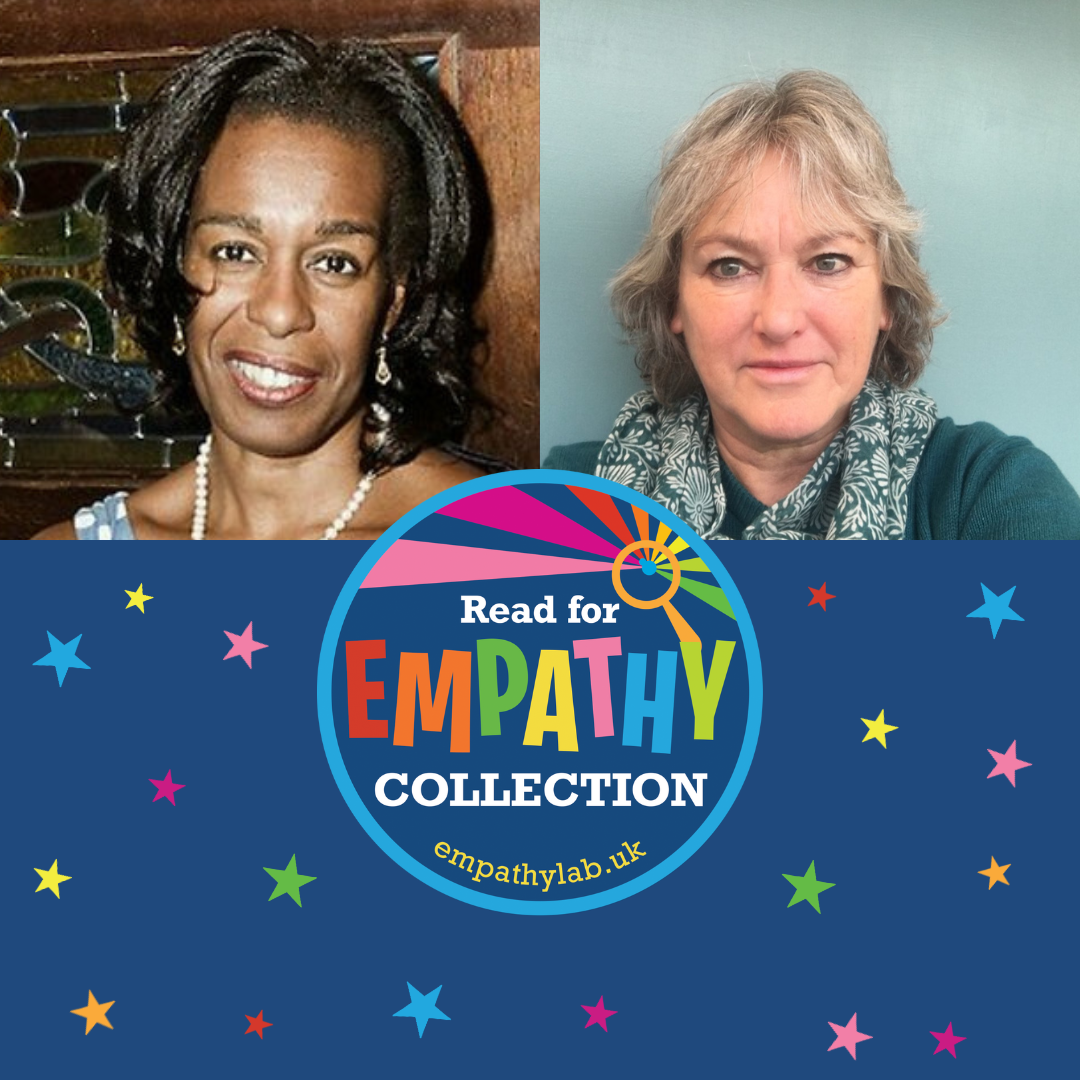WHY EMPATHY SKILLS ARE REQUIRED TO SUCCEED – JULIA SUZUKI
- By EmpathyLab
- •
- 31 Jan, 2017
- •

Our children — the future — have new challenges that we did not face. Schools are increasingly challenged with cultural integration. Now, not only must children (through their developmental years) learn about and accept themselves and learn to accept others of their kind, but they must also try to grasp understanding of the world at large, amidst a wave of political instability and intolerance. That is a huge task at hand, and vast empathy skills are required to succeed.
I was excited to hear about EmpathyLab at the Patron of Reading conference in February; I discovered more about the recent research which determines that reading is at the heart of developing empathy in children, and I jumped at the chance to be involved.
I am an author of a children’s series and a Patron of Reading, working within a secondary school, King Edward V1 in Lichfield (Midlands). Having struggled in my youth, as many children do, with the cruelty of other children, I felt driven to write novels that may help youngsters. The main character in my middle-grade series is an empath, a young dragon who is so sensitive to the feelings that he changes colour. Despite his initial alarm at being different, he soon discovers that this is a gift, and begins to use it to help others, promoting the idea that it is cool to be kind. My goal within this adventure setting was to help children understand that whilst they are different (within their interests and talents and origins) from one another, they are all of equal importance. And furthermore, to understand that, we all need each others unique skills to create a happy society.
I am keen to take the messages and ideas of EmpathyLab into the feeder primary schools of my own Patron school before September 2015. I would also like to take the EmpathyLab concepts into the other writing clubs I work with throughout the UK. It will be really interesting to gather feedback from teachers and the children using the EmpathyLab concepts, and to work with the organisation to develop new ones. I really like the thought of children developing a stronger insight into how it feels to walk in each others shoes.
My favourite empathy novel is ‘The Boy in Striped Pyjamas’ by John Boyne. It is a poignant story about a a nine-year-old German boy, Bruno, who meets the young Jew Schmuel (in a concentration camp) at the time of the holocaust. Schuel, like the other people there in the concentration camp, wears a uniform of striped pyjamas. The two boys chat through the wire fence that separates them. Bruno’s friendship with Shmuel takes him from innocence to revelation as he develops an understanding of how Schmuel must feel, and feels the need to help, even at risk to himself.
EmpathyLab is sure to help our children to be sensitive to the feelings of others, and I believe that will make a world of difference.
Find our more about Julia and her work – The Land of Dragor series – and follow her on Twitter.
Find out about the Top Ten Messages from our Think In and our next steps.
Read the Think In crowd-sourced recommendations for books that helped you understand someone else better.
Join our network on LinkedIn – we’d love you to be part of the conversation.

Why has the sheer importance of empathy come to the fore in recent years? Why do we care so much about a concept that had seemed to be left to itself for so long?
Perhaps because there has been so much change and upheaval for our young people in recent years, leaving so many isolated from what we might term ‘real’ contact with others. Lockdown was for many a disaster. The proliferation of phones hasn’t helped. Financially stretched families are often starved of time that can be spent in casual, easy, contact with one another.
So gaining an understanding of others from fiction has become more and more important. Children have always learned from the books and stories they are offered. From the fairy tales, children who lived in an elemental world without luxuries or social safety nets learned the virtues that were so necessary back then to survival: courage, resourcefulness, endurance, quick wits, kindness to strangers.
Our own young people live more tightly under separate roofs, and we have seen the language of books change accordingly - to Mum, the babysitter, playgroup, park, baby sister, Dad’s girlfriend, the bully, happy, worried, sad. It’s the language of relationships and emotions now, and understanding and compassion liberate. They have become the twenty-first century equivalent of Hansel and Gretel’s pebbles gleaming in the moonlight to show the way out of the dark forest.
Frank Flanagan once said good writers “structure, explain and evaluate the experience of childhood and empower the child to come to terms with it. They enable the child to lead a full life."
How? Partly by quite unconsciously increasing self-knowledge and self-awareness. A young reader can’t help but see characters in books unconsciously as if in a mirror. "I'm not like that." "I worry about that too." "I would have been braver”, “slower to catch on”, “tempted to be more mean”. And when this sense comes of no longer being the only one in the world to have this problem, or to feel that way, the child not only comes to realise that they are not alone, but also to gather insights into how other people deal with the same worries or tackle the same problems. In short, they learn, vicariously, how other people tick.
We have so many young people who, it seems, sometimes as a result of their upbringing, often simply by nature, have somehow failed to acquire the tools to begin to think about their own situation. Through fiction they can often begin, safely, to explore the more subtle aspects of life around them - an insight into someone else's life. A child can share desk space with someone else all year and yet learn less about them than about a character in one short book that’s read to them at night. I try to show this in my novel On the Wall , where, over the school year, Finley’s quite exceptional gift for tranquillity and self-acceptance in an anxiety-inducing world causes one fellow pupil after another to look more deeply into themselves, and learn how to rebalance their own way of thinking to become, in the process, calmer, happier, or more accepting.
We all want, for our young people, peace of mind. An excellent start is to explore Lauren Child's wonderful 'Staring into Space' project: https://staringintospace.me/
Then, steep them in fiction. And where better to find the
best than at the EmpathyLab itself?
You can purchase Anne's book, On the Wall,
here

The collection consists of 65 books for 3-16 year olds, each chosen for its unique contribution in building young people’s empathy.
The primary collection for 3-11 year has 40 books; the secondary collection features 25 books for 12-16 year olds.

